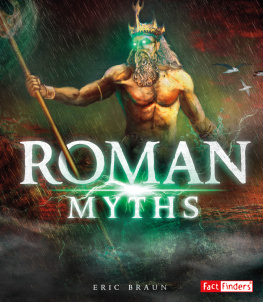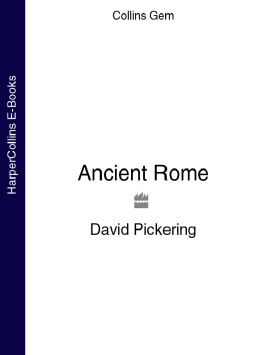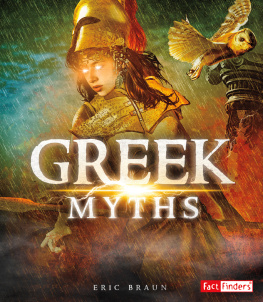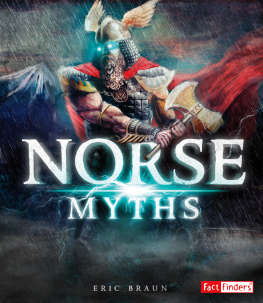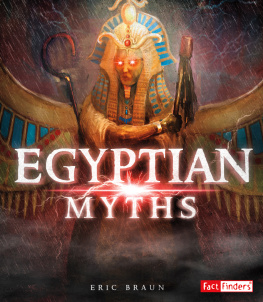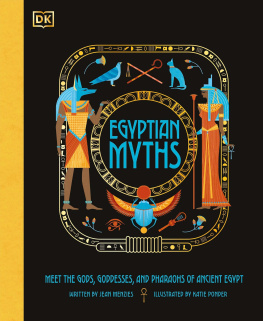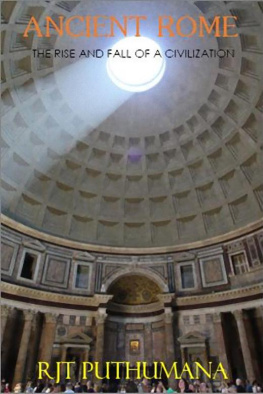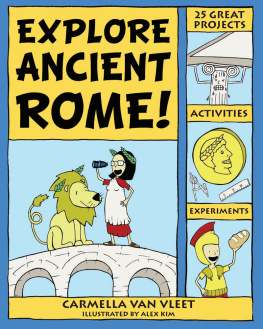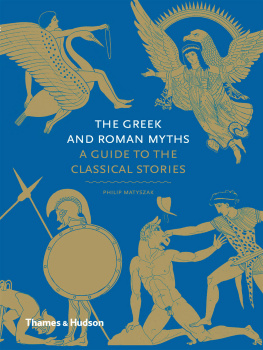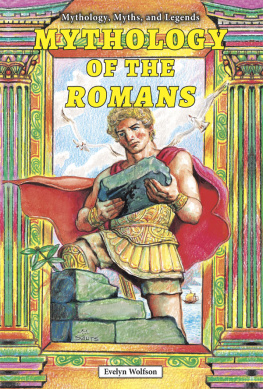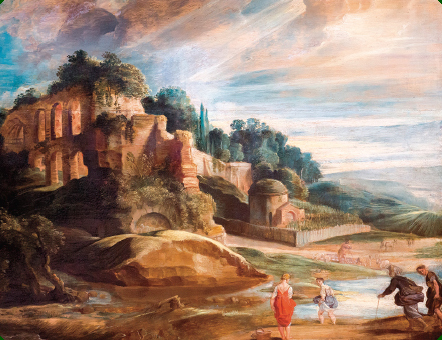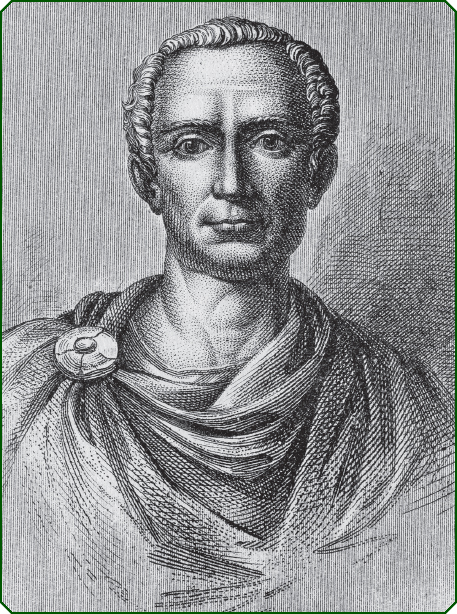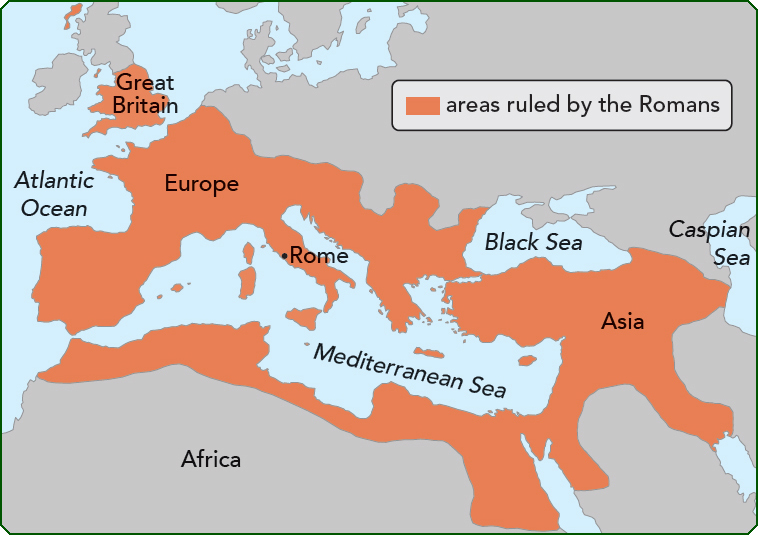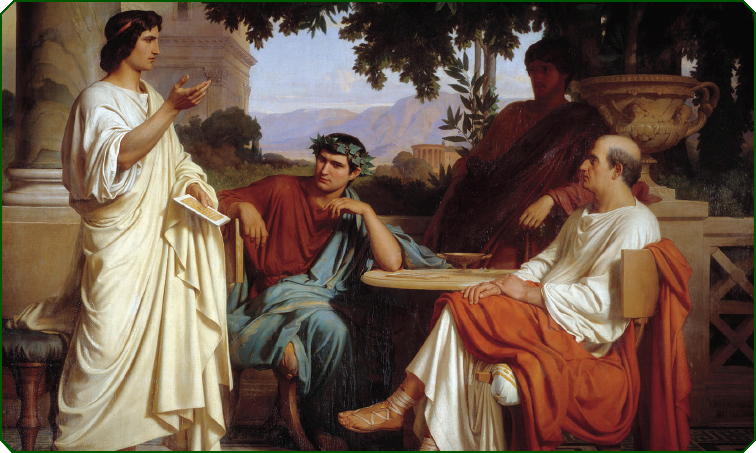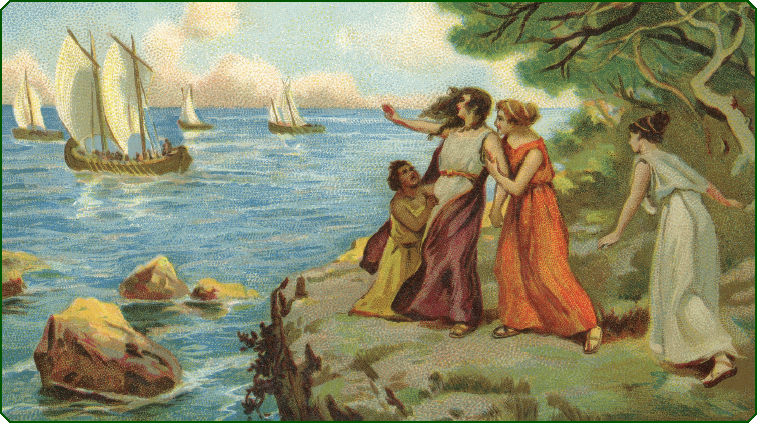Glossary
(KUHL-chur) a group of peoples beliefs, customs, and way of life (di-SEN-duhnts) all the relatives who trace their family roots back toone person (EP-ik POH-uhm) a long story or poem about heroic adventures and greatbattles (GLAD-ee-ay-tur) a man in ancient Rome who fought other men or wild animals,often to the death, to provide entertainment (i-MOR-tuhl) able to live forever (IN-floo-uhnss) to have an effect on someone or something (OR-uh-kuhl) a place or person that a god speaks through; in myths, gods usedoracles to predict the future or to tell people how to solve problems (PRAH-fuh-see) a prediction (ri-PUHB-lik) a government where the people elect a small group of peopleto make decisions for the whole; also the word for a country with that kind of government (RICH-oo-uhl) an action that is always performed in the same way, usuallyas part of a religious or social ceremony (ROH-muhn FOR-uhm) the town square in Rome where ancient government buildingsstood, and where the ruins of many buildings still stand (SAK-ruh-fise) to offer something to a god (TAP-i-stree) a heavy piece of cloth with threads woven into it to makepictures or patterns
Read More
- James, Simon. Ancient Rome. Eyewitness Books. New York: DK Children, 2015.
- Mincks, Margaret. What We Get from Roman Mythology. Mythology and Culture. AnnArbor, Mich.: Cherry Lake Publishing, 2015.
- Wolfson, Evelyn. Mythology of the Romans. Mythology, Myths, and Legends. BerkeleyHeights, N.J.: Enslow Publishers, 2014.
Critical Thinking Questions
- The Romans adopted the cultures of other nations. Name some aspects of your countrysculture that have come from other nations.
- The Roman myths often had gods interacting with humans. They also frequently involvedthemes of jealousy, anger, or love. Reread one of the Roman myths in this book,and discuss the motivation for the gods or goddess actions.
- Make up your own gods and goddesses. What special traits or powers do they have?What part of life do they control. Write a myth about them.
Chapter 1
The Culture of Ancient Rome
When you think of ancient Rome, do you picture beautiful marble buildings and statues?Or maybe you think of clashing swords and fights. You may have heard storiesof powerful emperors and giant armies.
But before all that, Rome was nothing more than a small settlement on a hill. Accordingto some stories, Rome was founded in 753 BC by Romulus and Remus. They were thetwin sons of Mars, the god of war. Romulus killed Remus and became the first kingof Rome, which is named for him.
Many gladiator fights took place in the Colosseum, a stadium in ancient Rome.
The growing city was ruled by kings until 509 BC. After that Rome became a in 450 BC.
Palatine Hill
Palatine Hill was in the center of Rome. It is said that Rome was founded on thehill. Later it became the area where emperors and other wealthy Romans lived inhuge, beautiful homes. The word palace comes from Palatine Hill.
Rome grew quickly in size and power. By the early 3rd century BC, the Romans ruledall of Italy. By AD 117 they ruled everything around the Mediterranean Sea. TheRoman Empire went as far north as present-day Great Britain and as far south as partsof Africa. But as Rome grew, it became harder to govern the massive territory.The gap between rich and poor widened, and military leaders began to battle for power. One of those military leaders was Julius Caesar, a general with great success expandingRomes territory. Caesar became the ruler of Rome in 45 BC after his army won acivil war in Italy. When Caesar took power, it began a period of several hundredyears when Rome was ruled by emperors.
Julius Caesar was one of the greatest rulers of ancient Rome.
Rich and Poor
Life in ancient Rome could be very different depending on ones social class. Wealthy Romans lived in nice homes outside the noisy, dirty city. They had servants and slaves and lived grand lifestyles. But most Romans were poor. They lived in small, cramped homes in the city and worked hard just to survive. They attended chariot races and gladiator fights.
Rich or poor, many parts of Roman life were the same for all families. Only men were the heads of households and could own property. Women were expected to take care of the home and the children.
The Roman Empire in AD 117
Adopted Cultures
Ancient Romans were strongly discovered was a translation of a Greek work, TheOdyssey by Homer. Over time, other classic Greek plays and poems were translatedinto Latin, the language of ancient Rome. Roman poets and playwrights, includingVirgil, Ovid, and Horace, soon began writing their own works as well.
Virgil (left) relates one of his poems before Horace (center) and two statesmen.
Many of the early works the Romans created were based on stories from other cultures. Virgil based his epic poem The Aeneid on the Trojan hero Aeneas, who originallyappeared in The Iliad by Homer.
A heartbroken Dido cries out as her beloved Aeneas sails away in Virgils Aeneid.
Did You Know?
An emperor rules an entire empire, which is made up of several countries or territories.A king typically rules over just one country.
Roman Religion
The Romans worshipped the same gods as the Greeks, but they gave them different names. The Romans retold many of the Greek myths, using the gods Roman names. Like theGreeks, the Romans believed that some of these tales contained factual, historicalinformation.
In some ways Roman religion was different from Greek religion. For the Greeks, religionwas a public activity. Romans worshipped mainly in the home. Most public religiousceremonies and festivals were for the head of the family only. It was typicallythe husband who performed religious for the family. He also communicatedwith spirits in order to protect his family.
The Romans believed the gods controlled everything that happened on Earth and wereactively involved in their daily lives. They thought that bad things would happenif the gods became angry or unhappy with them. The Romans felt they earned the godsapproval by properly observing religious rituals. For example, it was traditionin Rome to set a place and serve food at each meal for a god or spirit. They alsomight offer food or an animal in exchange for favors.

